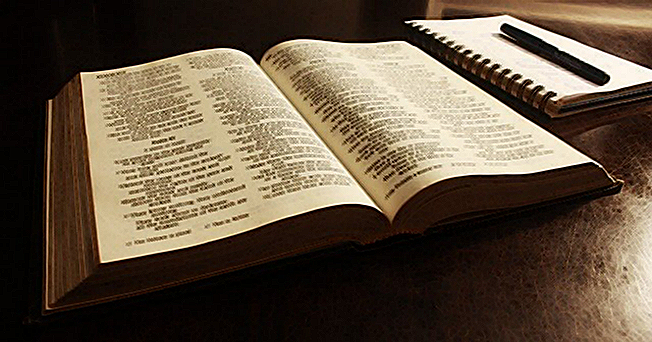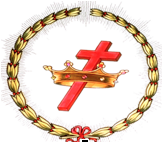American Standard Version with Notes

This is an ongoing process. Please check back for regular updates.
An * beside a note indicates it was taken from a bible student source.
Most scripture links are connected to Biblehub.com.
The following resources were used for research:
|
